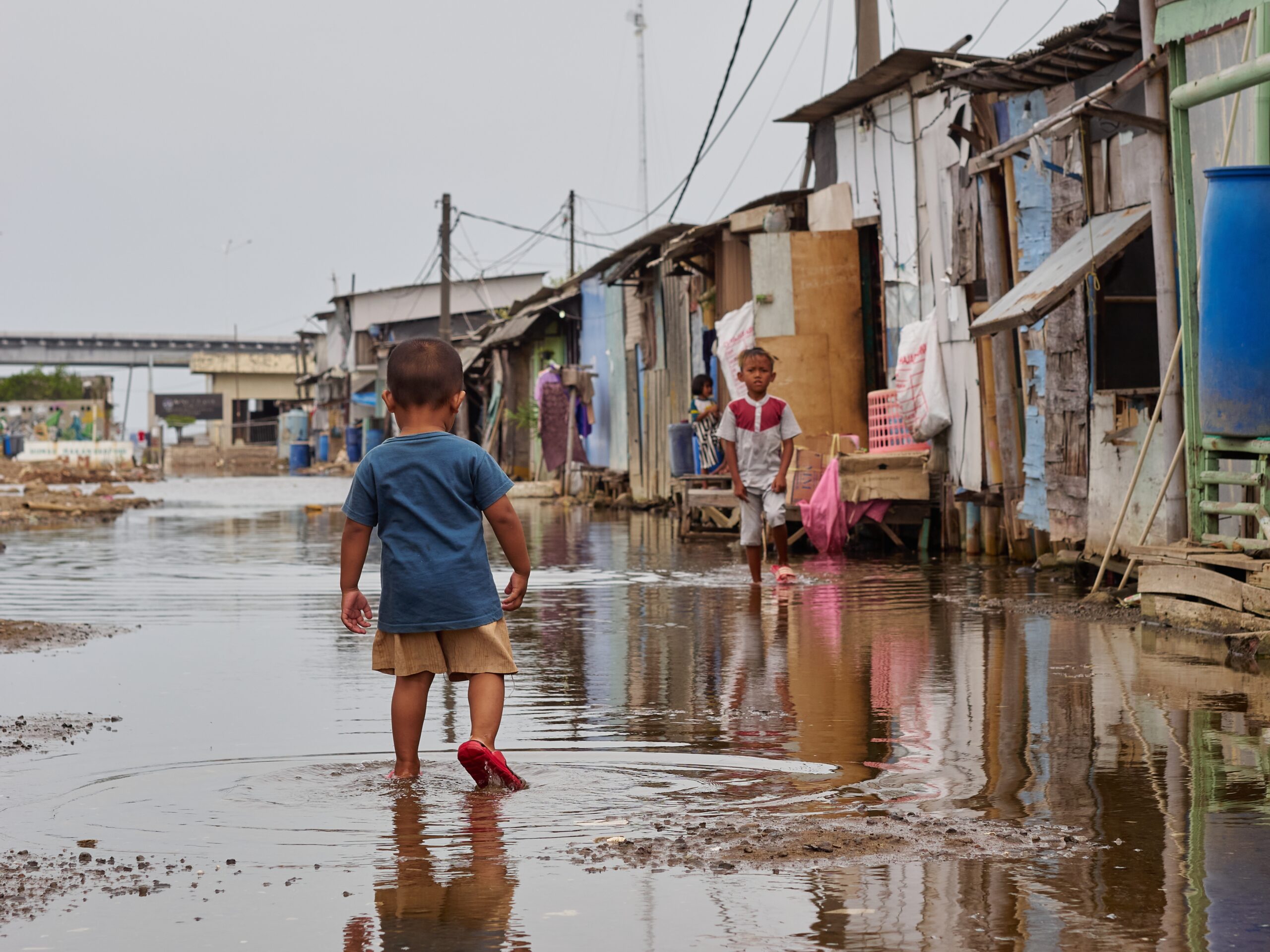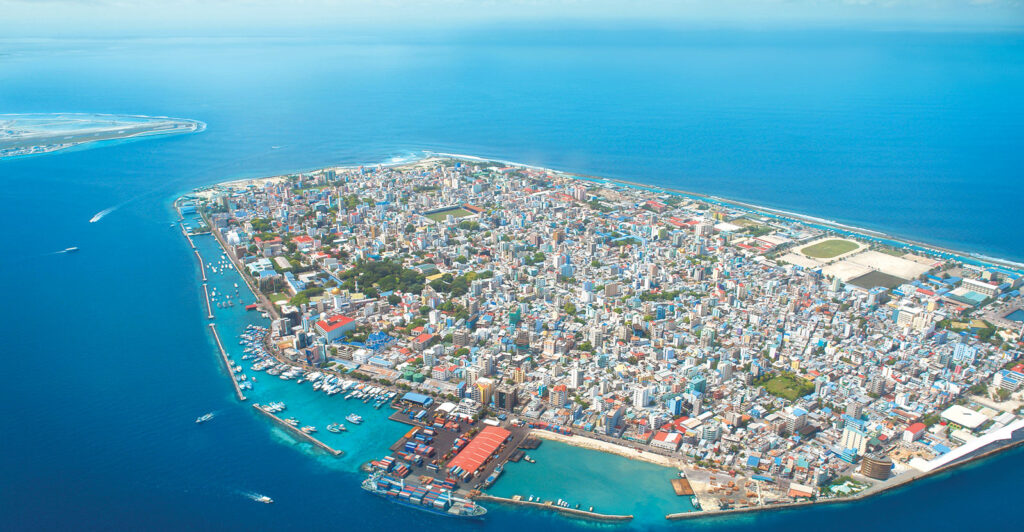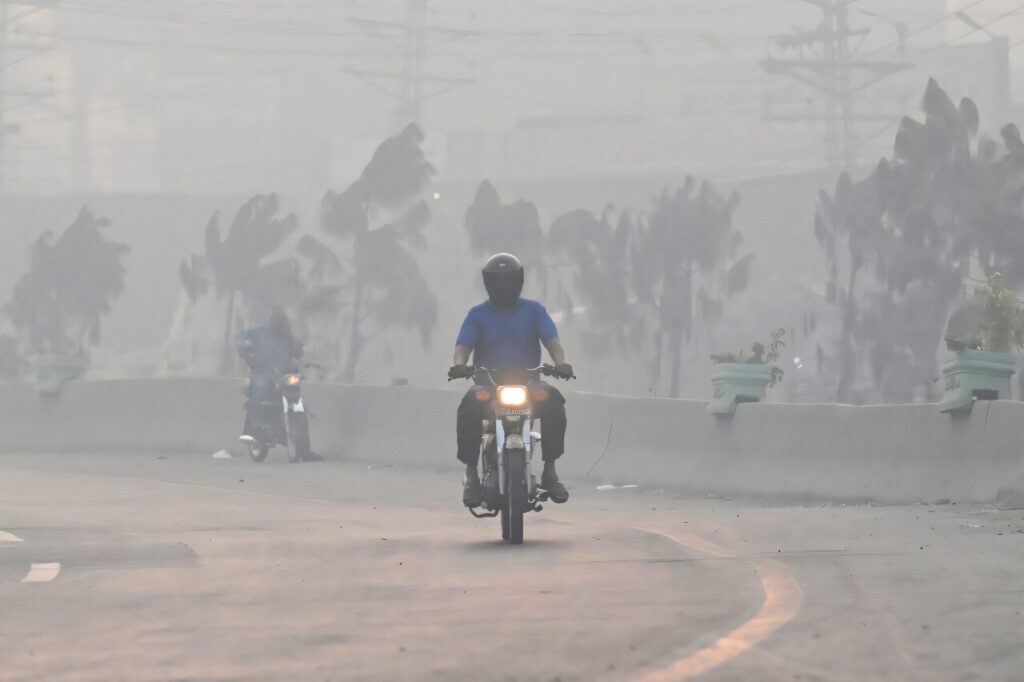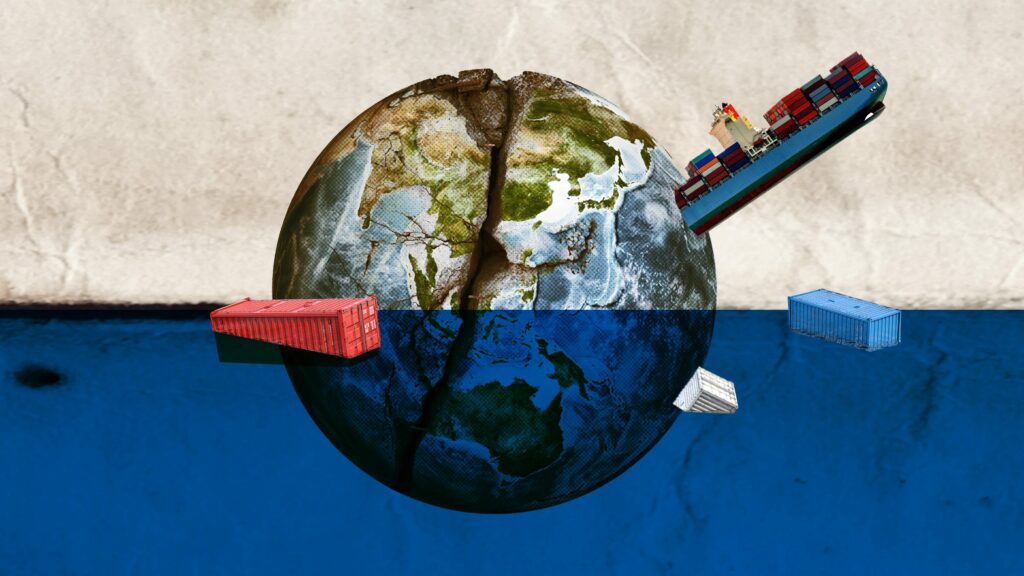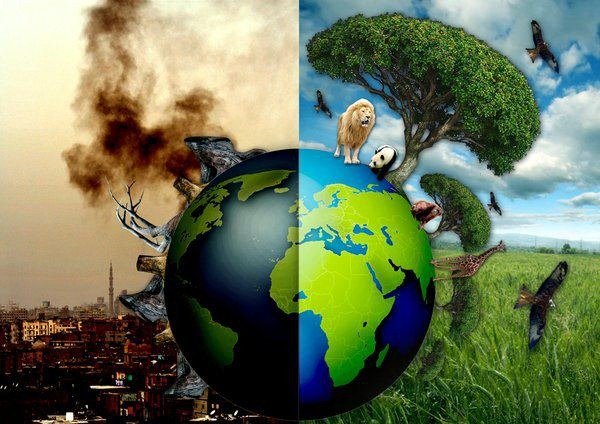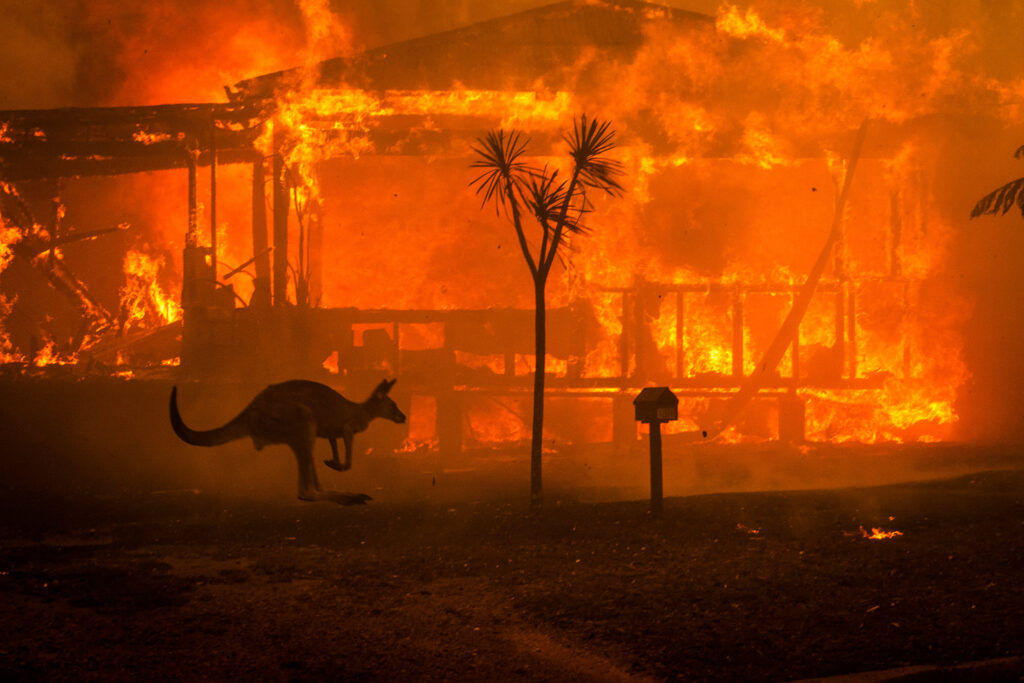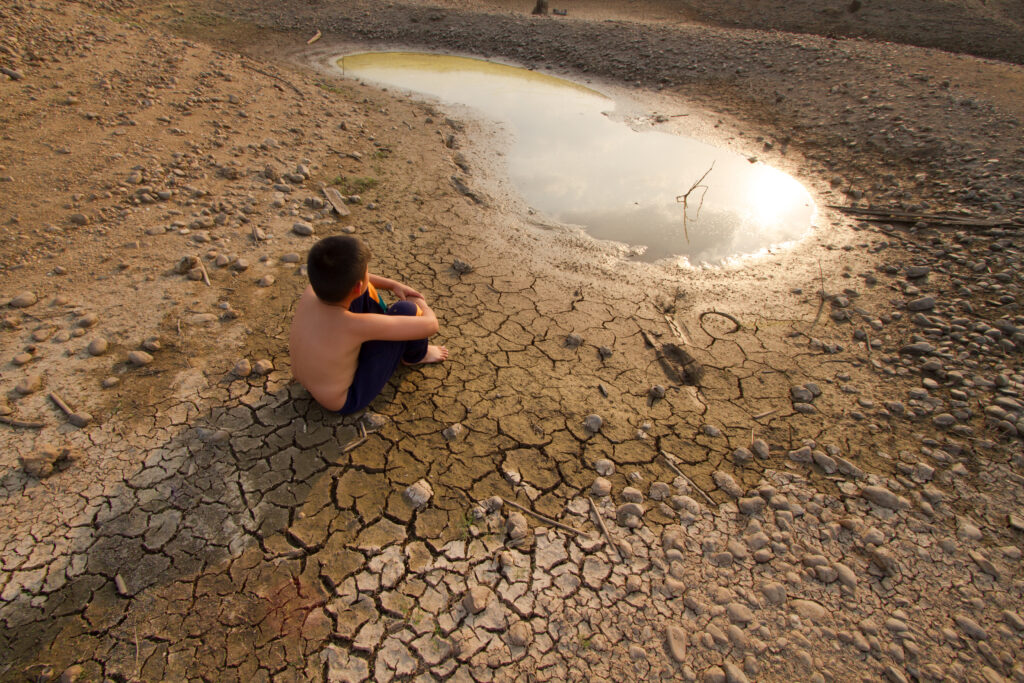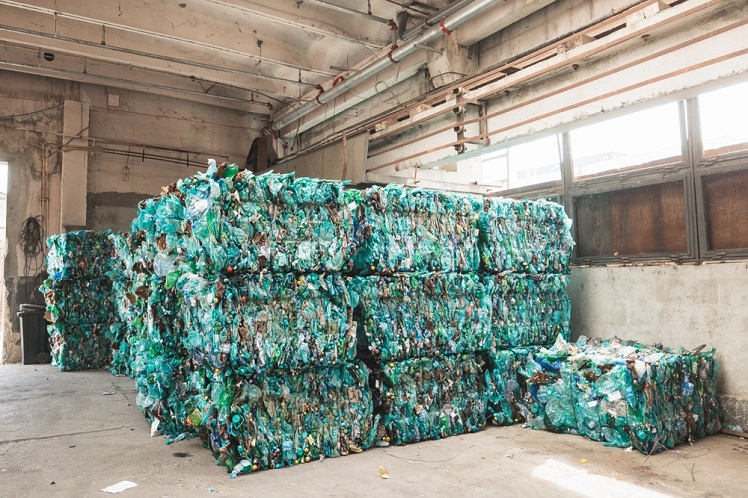Climate Change in Indonesia 2024
Indonesia is on the climate change front lines. The world’s largest archipelagic state comprises more than 17,500 islands and a coastline stretching more than 81,000 km. As the fourth most populous country globally, 60% of its people – 150 million – live in its coastal areas. The areas include the capital, Jakarta, the most populous city in Southeast Asia and the fastest-sinking city in the world.
The nation’s high population density in hazard-prone areas and a strong reliance on natural resources expose Indonesia to climate change-related risks. Notably, rising seas and more frequent and damaging climate extremes pose immediate and escalating dangers.
Effects of Global Warming in Indonesia
Destructive impacts of climate change in Indonesia have already arrived. However, these will only worsen in 2024 and beyond without urgent action to curb greenhouse gas emissions. The nation’s heat waves could last almost 8,000% longer by 2050, disrupting livelihoods and devastating the agriculture sector. Rising seas would put millions of people at risk from severe flooding, and they could cause up to USD 40.2 billion in infrastructure damage. Urgent action is vital to avert these dire consequences of global warming in Indonesia and safeguard Indonesia’s future.
Indonesia and Climate Change: Key Issues
The consequences of the Earth’s rising temperatures are already having a profound impact on Indonesia, its people and the environment.
Sea Level Rise
Sea level rise, erosion and the salinisation of freshwater sources are some of Indonesia’s most significant climate risks, affecting communities, agriculture and the economy.
More than 10 million people live in the nation’s capital, Jakarta, on the island of Java. About 40% of the megacity sits below sea level, and it is sinking at an alarming rate – up to 27 cm annually in some areas. In 2019, the government announced it would move the nation’s capital over 900 km away to a new city being built on Borneo – on land that is now forest.
Many more Indonesian regions are experiencing the severe consequences of sea level rise. For example, on the island of Sumatra, water has already inundated over 1 km of the land of Kuala Selat Village, washing away houses and destroying coconut plantation crops. Residents are calling for the government to act quickly to save them from the rising seas.
Extreme Heat
Climate model projections show that Indonesia is one of the most vulnerable countries at risk of extreme heat waves. This was demonstrated this year when a scorching heat wave meant that two Indonesian cities — Jakarta and Tangerang — experienced an unprecedented 17 straight days of extreme heat in October 2023.
Meteorology and climatology lecturer Drs. Yuli Priyana, M.Si. explained how such heat and the accompanying drought pose significant threats to Indonesia’s public health, livelihoods and food security. “The scorching heat that gives rise to the drought poses a serious threat to water crucial for human consumption, agriculture, and industry. This situation could potentially lead to fierce competition for this vital resource,” said Yuli.
For a nation where agriculture is a cornerstone of the economy, these conditions are particularly detrimental. Yuli added that diminished water availability will likely result in decreased harvest yields, disrupting food production and farmers’ incomes.
Drought and Wildfires
The toxic haze in southern Southeast Asia is emitted mainly from massive peatland fires in Sumatra and Borneo, often started intentionally to clear land for agricultural developments. The climate phenomenon El Niño also increases drought risk, which exacerbates these fires and the related air quality impacts.
These risks were starkly evident during the severe forest and peatland fires of 2015, which cost the economy an estimated USD 16 billion and resulted in an estimated 90,600 excess deaths due to smoke inhalation. 2023’s usually scorching heat means the year’s fire season is expected to be the worst since 2019, with the haze shuttering schools and sickening thousands.
Dried-out peatlands – drained and cleared for mainly palm oil and pulp plantations – make them very prone to fires. Peatlands store twice as much carbon as all the world’s forests, nearly 550 billion tonnes, but they cover just 3% of Earth’s land surface. As a result, these peatland fires are becoming a significant driver of climate change in Southeast Asia.
What Is Indonesia Doing About Climate Change?
As the largest economy in Southeast Asia and the second-fastest growing economy globally, climate action taken in Indonesia would have resounding impacts worldwide. It also offers plenty of opportunities for the nation itself. “Indonesia has a huge opportunity to boost its economy, shrink its deficit, create jobs and improve its air and water through bold climate action,” said Tjokorda Nirarta Samadhi, director of the World Resources Institute, Indonesia.
Yet, while Indonesia is highly vulnerable to the impacts of climate change, the nation is also one of the world’s leading climate polluters. Its land use changes, namely deforestation and peatland megafires, account for almost 50% of its total emissions over the last 20 years. Alongside this, the nation is one of the world’s biggest fossil-fuel producers and exporters. In 2022, almost 90% of Indonesia’s energy consumption came from coal, oil and gas. It is also the world’s largest net exporter of coal and the eighth-largest net exporter of liquefied natural gas (LNG).
Therefore, to align with a Paris Agreement-aligned pathway, Indonesia must substantially decrease its land use emissions and phase out coal by 2040, highlights Climate Action Tracker (CAT). Significant international financial support is required for the latter, and in November 2023, Indonesia released its plans for the USD 20 billion Just Energy Transition Partnership (JETP) funding designed to facilitate this vital shift.
With so much at stake, immediate and sustained efforts on these targets are essential. The faster Indonesia adopts and implements low-carbon policies, the more effectively it can stem the cascading impacts of climate change that threaten its future.
Evelyn Smail
Writer, United Kingdom
Evelyn is a freelance writer and journalist specialising in climate science and policy, the just energy transition and the human impacts of climate change. She writes for independent publications, NGOs and environmental organisations. Evelyn has a background in sustainable development, climate justice and human rights.
Evelyn is a freelance writer and journalist specialising in climate science and policy, the just energy transition and the human impacts of climate change. She writes for independent publications, NGOs and environmental organisations. Evelyn has a background in sustainable development, climate justice and human rights.

